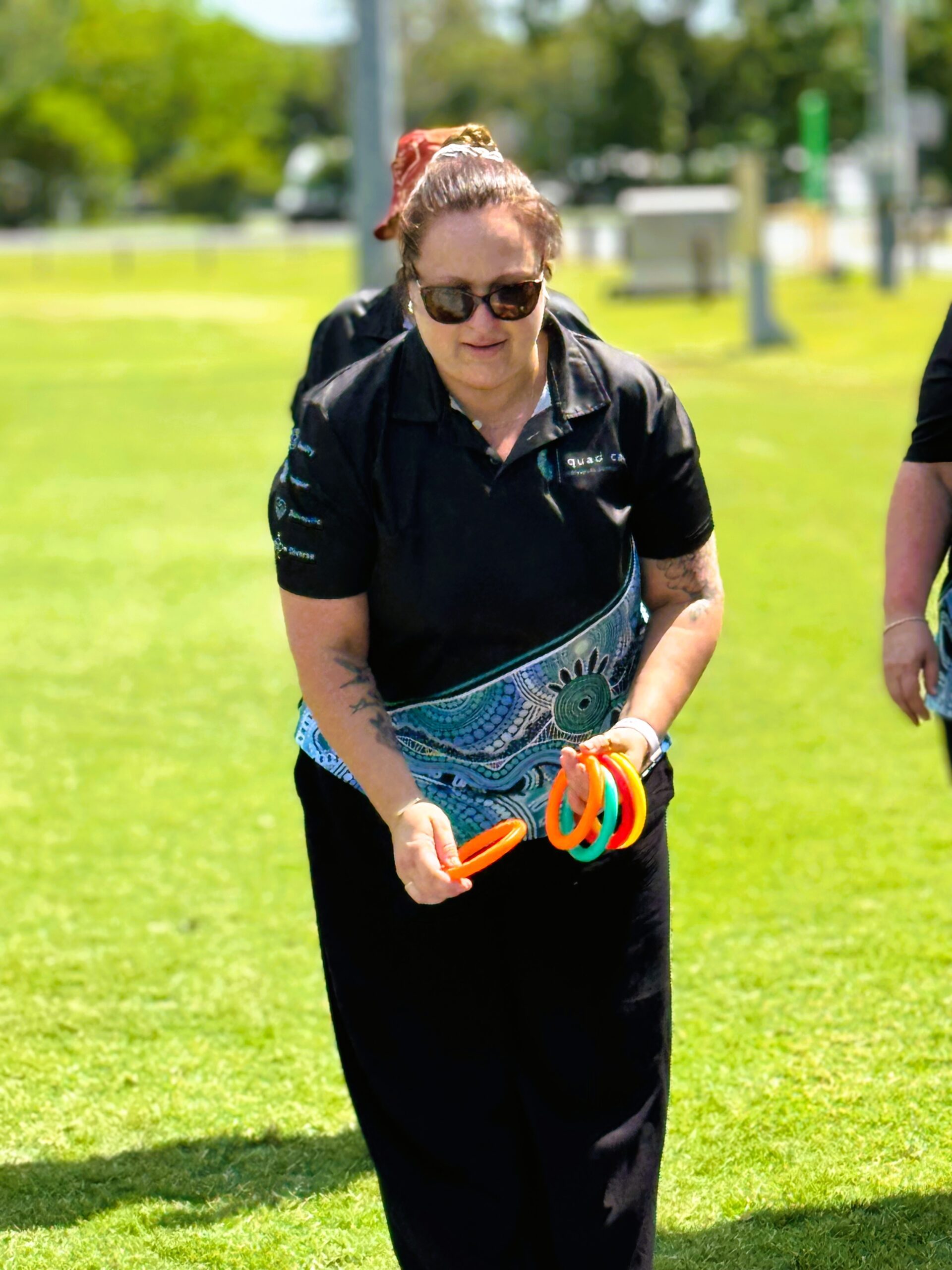What is Movement ABC-2?
A Guide to Assessing and Supporting Motor Skills
Movement ABC, short for Movement Assessment Battery for Children, is a widely used tool by allied health professionals such as Occupational Therapists and Exercise Physiologists for assessing motor skills in children. This standardised assessment helps identify children who may have motor difficulties impacting their ability to perform daily tasks, such as writing, buttoning clothes, or participating in physical activities. By evaluating a child’s coordination, balance, and dexterity, Movement ABC offers valuable insights that guide tailored support and intervention.
For our team at Quad Care, the Movement ABC-2 allows early identification and of children with motor difficulties and facilitates appropriate creation and delivery of comprehensive therapy plans.
The Movement ABC-2 takes between 20 and 40 minutes to complete by the therapist, and is followed in standard order, there are different test subsets for different age groups of children.
Key Components of Movement ABC-2
Movement ABC-2 assesses a child’s motor skills in three primary areas:
- Manual Dexterity: This measures fine motor skills, like hand-eye coordination, through tasks such as threading beads or placing pegs. These skills are essential for activities like writing, drawing, and manipulating small objects.
- Aiming and Catching: Evaluating hand-eye coordination, this section includes activities like throwing and catching balls. It assesses how well a child can track, aim, and intercept moving objects.
- Balance: Balance tasks, such as standing on one leg or walking on a straight line, test both static and dynamic balance. These are crucial skills for general movement and activities requiring body control, like running, jumping, and climbing.
Who Can Benefit from Movement ABC?
Movement ABC is commonly used with children aged 3 to 16 and is particularly beneficial for those who may have Developmental Coordination Disorder (DCD), motor skill delays, or difficulties that impact daily functioning. By identifying specific motor challenges early, therapists, parents, and educators can implement targeted strategies that support the child’s growth.
The Importance of Movement ABC in Therapies
- Tailored Interventions: Results from Movement ABC provide a clear picture of a child’s motor strengths and challenges, enabling the development of individualized therapy plans that focus on building essential motor skills.
- Tracking Progress: Movement ABC can be administered over time to monitor improvements and adjust interventions, ensuring the child’s progress is continually supported.
- Building Confidence: For children, improved motor skills often lead to greater confidence and independence. With tailored support, they can engage more fully in school, sports, and play, which are essential for social and emotional development.
How Quad Care Uses Movement ABC
At Quad Care, Movement ABC is part of our comprehensive approach to supporting children’s development. Our allied health professionals, including occupational therapists and exercise physiologists, use this assessment to create individualised therapy plans that address specific motor challenges. By working closely with families, we provide consistent, structured support that helps children reach their full potential in a fun, engaging way.
The Movement ABC-2 is more than an assessment; it’s a powerful tool for unlocking each child’s capabilities and setting them on a path toward independence and success.
